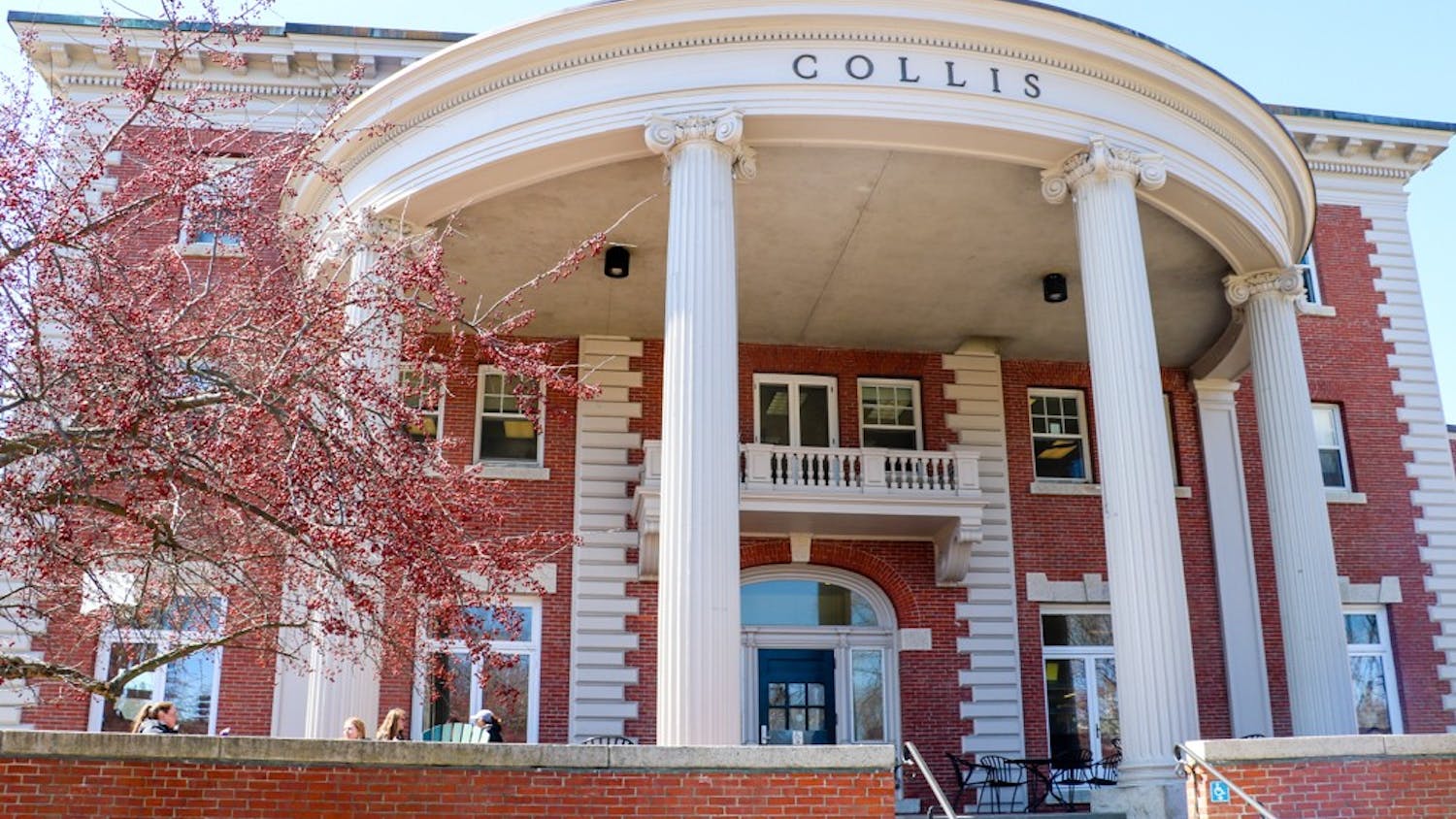In the recent student elections, only seven out of 25 races had competing candidates on the ballot. Eighteen races were uncontested, and five seats had only write-in options. Dartmouth’s student elections are defined by a lack of competition, leaving voters without real choice. To ensure accountability, ballots should include a “none of the above” option — and if this option gets a majority of the votes, the seat shouldn't be filled.
As it currently stands, most student elections at Dartmouth are not competitive. This year, Class Council elections had half as many candidates on the ballot as there were seats available. There were three spots available for the Class of 2022 representative, for instance — but only one candidate actually qualified for the ballot, leaving two seats open for write-ins. These write-in options give a semblance of choice to the process, but they only really provide competition when nobody has qualified for the ballot — this year, across all elections, not a single candidate who appeared on the ballot lost to a write-in option. This is hardly unusual — last year, not a single candidate who was on the ballot for Class Council lost to a write-in.
Even if there were vigorous competition among write-in options, relying on write-ins makes elections unnecessarily confusing and opaque — it’s harder to know who’s running. The burden falls on the voter to research not only the differences between the candidates but who the candidates even are. This trend is particularly embarrassing for Student Assembly senators, considering the low threshold to appear on the ballot. Unlike students running for Class Council or SA president or vice president, senate candidates don’t have to collect a single signature to run. In 2019, several of the write-in candidates who won were incumbents who had apparently neglected to fill out the proper paperwork. It’s relatively easy to get on the ballot, yet still, many seats are left without a single named candidate.
To this end, a “none of the above” option should be implemented as a necessary tool for accountability and fairness. Competitive elections are paramount for a free and fair democracy, and without them, elected officials aren’t held responsible or accountable. This idea isn’t far fetched. India, the largest democracy in the world, already has a “none of the above” option for its elections. Meanwhile, the state of Nevada has had a “none of the above” option since 1975.
Obviously, the stakes in SA elections are lower than these country and state-level examples. But the principle remains — voters should be able to express their discontent with a slate of unsatisfactory options. In the case of Dartmouth elections, this option would also allow voters to formally indicate no preference when there are no candidates on the ballot at all, disincentivizing the non-transparent practice of write-ins.
If anything, the lower stakes of these elections justifies the outcome that those who lose to “none of the above” should be denied a seat. Offices like Class Council, which help plan events, could be severely challenged by having fewer members — this sanction shouldn’t apply to executive offices. But SA, a legislative body with two-dozen members, should be held to account. This isn’t unfair to senators — if your candidacy is so uncompelling to voters that more people have no preference than those who voted for you, then you need to do a better job reaching out to and representing your constituents.
The Elections Planning and Advisory Committee doesn’t generally release vote totals for SA senate elections, but it did in the fall elections for the ’23s. In those elections, students won seats with as few as 16 total votes, while only 342 total votes were cast for the candidates on the ballot — this means 72 percent of eligible voters did not vote for a single candidate. A “none of the above” option might not have changed the results, as turnout still could have been quite low. But it’s distressing that even in these freshman elections — which generally feature more competitive races — nearly three-quarters of voters were unmoved by any of the options.
A “none of the above” option wouldn’t automatically inspire more candidates to run or increase voter turnout. Apathy toward student government is a far-reaching problem that can’t be solved by this one solution. But a “none of the above” option would at least ensure that these elections provide real choice, fulfilling the basic standards of a fair democratic process. SA itself would have to modify its constitution to make this change — senators would have to vote to open themselves up to more competition. But what should they be afraid of? Representing your peers is the whole point of the role. To beat the “none of the above option,” you simply have to reach out to more voters. It’s time for basic accountability and fairness in our student government elections.


